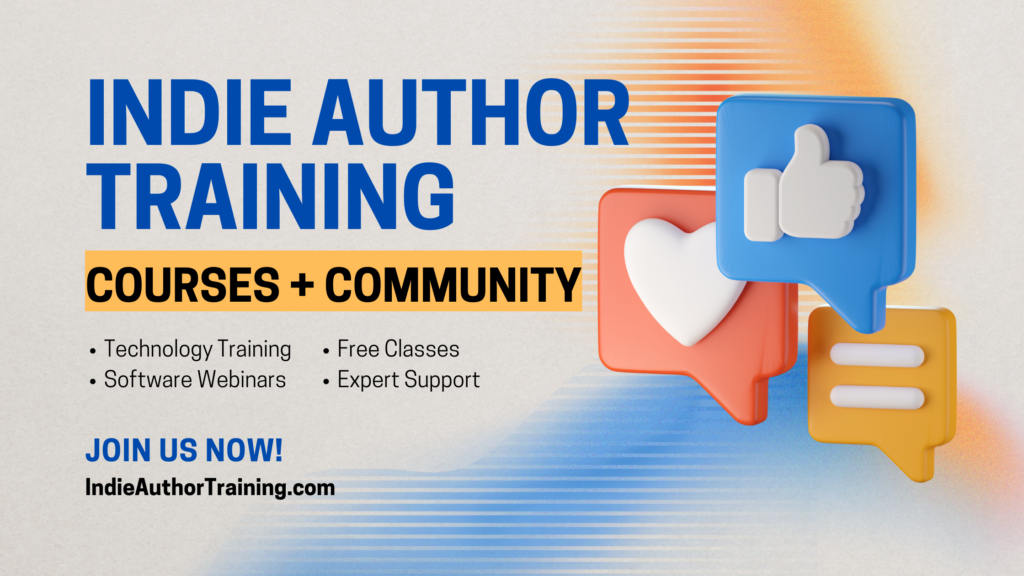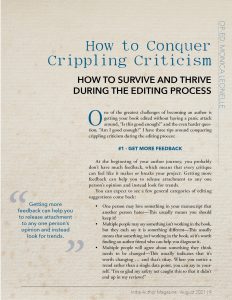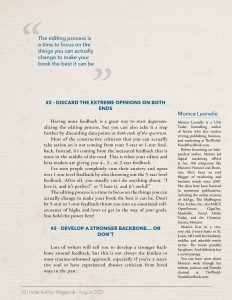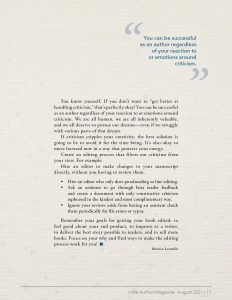Dear Indie Annie,
I’ve just hired a new cover designer for my series, but English is not their first language. I want to make the process run smoothly. Any tips for working around a language barrier? Lost in Translation Dear Lost in Translation, Oh, poppet, collaborating across cultures can feel as daunting as decoding hieroglyphics! But with patience and open communication, you can transcend language barriers. View this as a thrilling expedition with your design sherpa! What you









